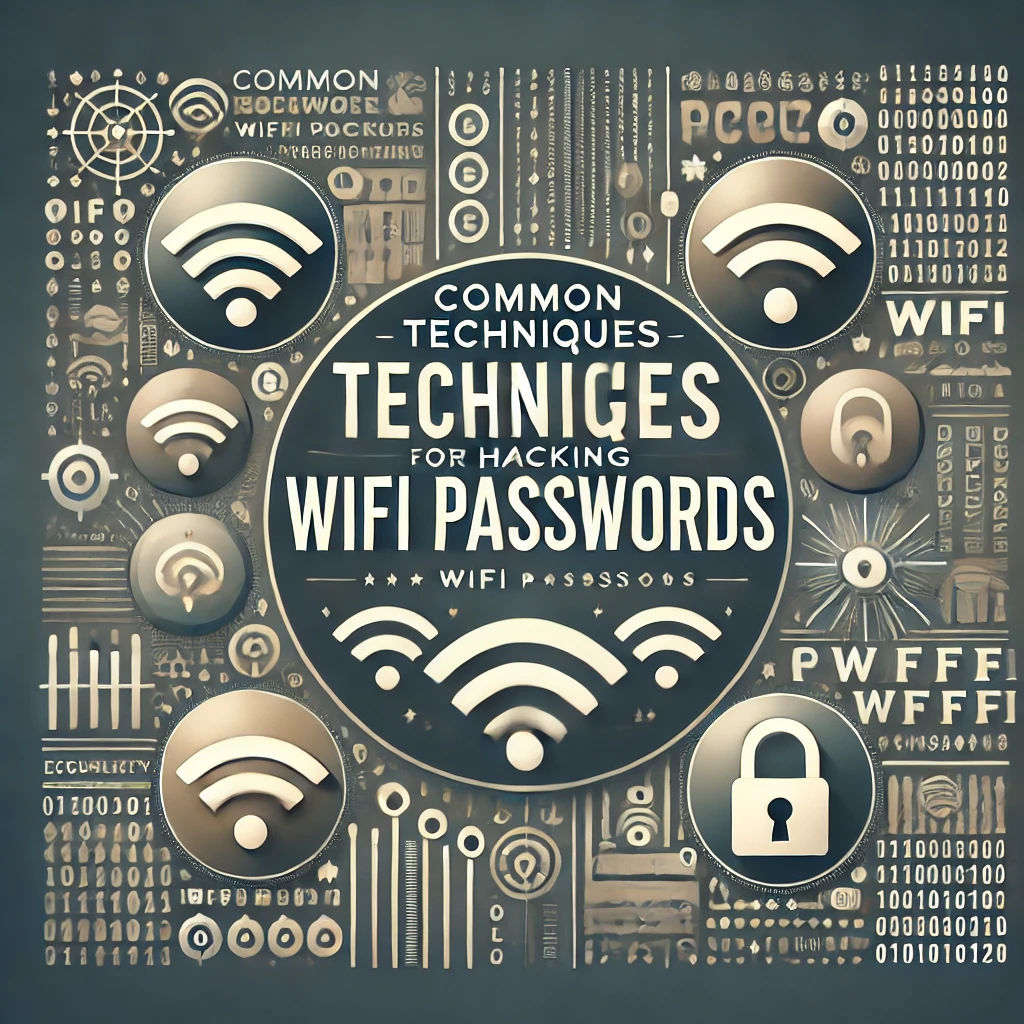In today’s digital world, staying connected through WiFi is almost as essential as electricity or water. But with increased dependency on WiFi networks comes a heightened risk of cyber threats, including WiFi password hacking. The phrase “WiFi password hack” often sparks curiosity, especially for those looking to access free internet. However, it’s critical to understand that hacking WiFi without permission is not only illegal but also unethical.
This article will explore the methods hackers use to compromise WiFi passwords, the legal risks associated with such actions, and ways to better secure your own network against these threats.
What Is WiFi Password Hacking?
WiFi password hacking refers to the process of gaining unauthorized access to a WiFi network by bypassing or cracking its security measures. Hackers employ various techniques, from guessing weak passwords to exploiting vulnerabilities in older encryption protocols.
Why do some people attempt to hack WiFi networks? In most cases, it’s about free access to the internet. However, the real danger lies in the potential for data theft, malware distribution, and other malicious activities once a hacker is on your network.
How WiFi Works
To understand how hackers break into WiFi networks, it’s essential to know how WiFi operates. WiFi networks rely on radio signals to transmit data between a router and a device, such as a laptop or smartphone. These networks are secured using encryption protocols like:
- WEP (Wired Equivalent Privacy) – One of the earliest forms of WiFi encryption, now considered obsolete due to its vulnerabilities.
- WPA/WPA2 (Wi-Fi Protected Access) – Common encryption protocols offering stronger security than WEP.
- WPA3 – The latest standard designed to provide even more robust protection.
Encryption is the backbone of WiFi security, but not all encryption protocols are created equal, which leads to the possibility of hacking.
Common Techniques for Hacking WiFi Passwords

WiFi hacking methods fall into two broad categories: social engineering and technical exploitation. Here are some of the most commonly used tactics:
1. Social Engineering Methods
- Phishing Attacks: Hackers trick users into giving away their WiFi credentials through fake websites or emails that look legitimate.
- Exploiting Weak Passwords: Simple or default passwords are easy to guess, especially when using password lists found online.
2. Technical Methods
- Brute Force Attacks: Hackers use automated tools to attempt numerous password combinations until they find the correct one.
- Packet Sniffing: Tools like Wire shark allow hackers to capture data packets transmitted over a network and extract the encryption keys.
- Dictionary Attacks: Instead of random combinations, this method tries known words and phrases that might be used as passwords.
Hacking Tools Commonly Used in WiFi Password Hacking

Hackers often rely on specialized software and mobile apps to break into WiFi networks. Some of the popular ones include:
Software Tools for Hacking
- Aircrack-ng: A suite of tools for cracking WEP and WPA/WPA2 passwords.
- Wire shark: A packet analyzer used to capture and interpret network traffic.
- Reaver: Designed specifically to crack WiFi Protected Setup (WPS) PINs.
Apps for Mobile Hacking
- WPS WPA Tester: An Android app used to check for vulnerable WPS-enabled routers.
- zAnti: A mobile penetration testing toolkit for network security assessment.
WiFi Encryption Protocols: Weaknesses and Strengths
WiFi encryption protocols are crucial for protecting networks. However, some have glaring vulnerabilities that hackers can exploit:
1. WEP (Wired Equivalent Privacy)
- Weaknesses: Easily cracked within minutes due to outdated encryption methods.
- Strengths: None by today’s standards. It’s best to avoid using WEP.
2. WPA/WPA2 (Wi-Fi Protected Access)
- Weaknesses: Susceptible to brute force and dictionary attacks if the password is weak.
- Strengths: Offers a higher level of security than WEP but requires strong passwords.
3. WPA3
- Weaknesses: Still new and under adoption, so may not be supported on all devices.
- Strengths: Offers the most robust protection against common attacks, including brute force.
Step-by-Step Explanation of WiFi Password Hacking Techniques
Let’s break down one of the most commonly discussed methods—using Aircrack-ng to crack WPA2 passwords:
- Capture Data Packets: Using a tool like Airodump-ng, the hacker listens to the target network and captures packets.
- De-authentication Attack: By forcing devices on the network to disconnect, hackers can capture the “handshake” data when they reconnect.
- Use Aircrack-ng: The captured handshake is then processed with Aircrack-ng, which attempts to crack the password using brute force or a dictionary file.
Legal and Ethical Implications of Hacking WiFi Passwords
It is essential to understand that hacking into someone’s WiFi without permission is illegal. Unauthorized access can lead to significant penalties, including fines and even imprisonment. Ethical hackers, on the other hand, test networks legally with permission, focusing on strengthening security instead of exploiting weaknesses.
How to Protect Your WiFi from Hackers
To protect yourself from these threats, here are some effective strategies:
- Use Strong Encryption: Always choose WPA3 if available; otherwise, WPA2 with a strong, complex password.
- Update Firmware Regularly: Router manufacturers often release updates that patch security vulnerabilities.
- Disable WPS: WiFi Protected Setup (WPS) is a known weak spot and should be disabled for better security.
Conclusion
WiFi password hacking is a complex and often illegal activity that threatens your privacy and security. Understanding the methods hackers use can help you better protect your own network. Always remember the legal and ethical implications of hacking, and take steps to secure your WiFi with the latest encryption and security practices.
FAQs
- Is WiFi password hacking illegal?
- Yes, hacking a WiFi network without permission is illegal and can lead to severe penalties.
- Can WiFi passwords be hacked using just a smartphone?
- Yes, certain apps like WPS WPA Tester allow users to exploit vulnerable routers using smartphones, though this is also illegal without permission.
- What is the best encryption method to protect WiFi?
- WPA3 is the most secure method currently available for protecting WiFi networks.
- How do hackers typically steal WiFi passwords?
- Hackers use methods like brute force attacks, social engineering, and exploiting weak encryption protocols.
- What is the safest way to use public WiFi?
- Always use a VPN when accessing sensitive information on public WiFi networks to protect your data from hackers.
- for more………….click here
